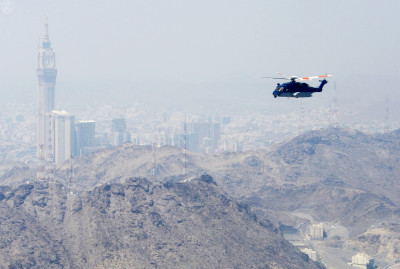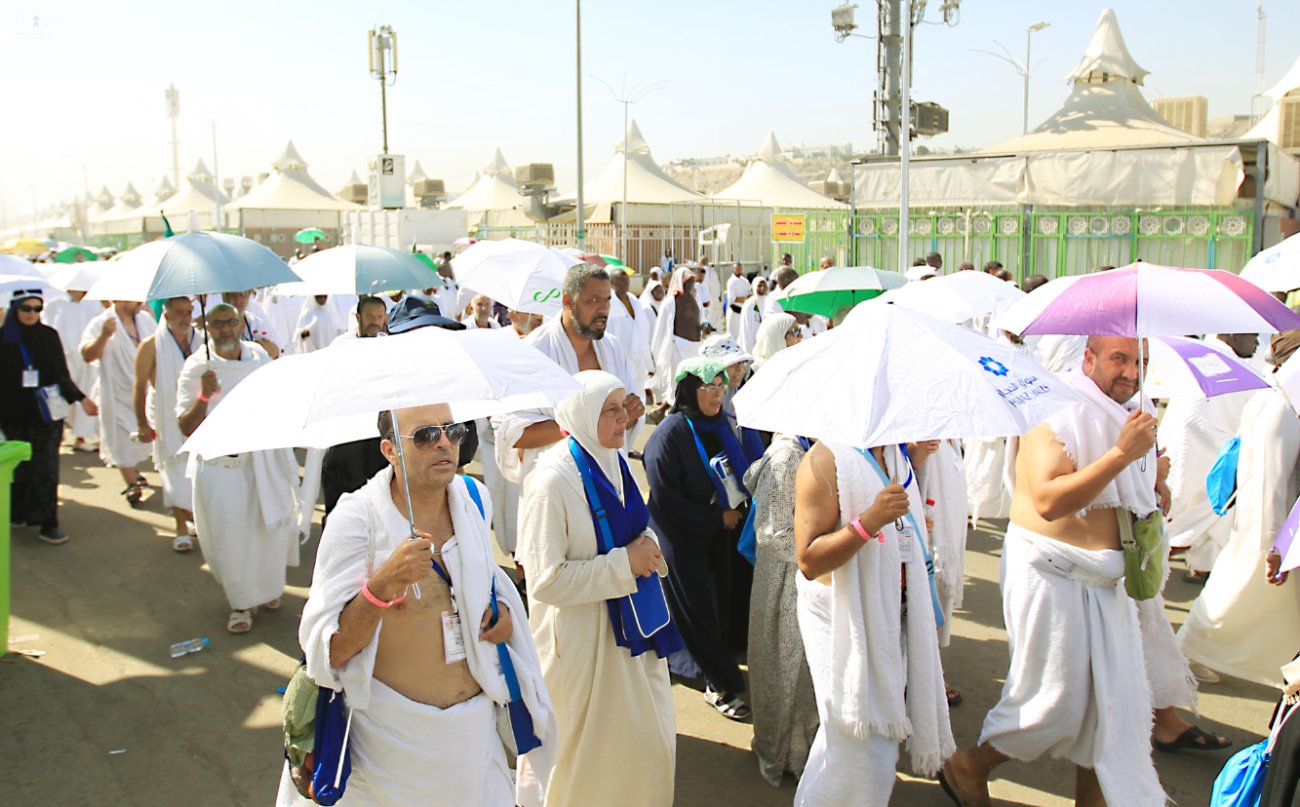The World Health Organization (WHO) said on Friday that Saudi Arabia’s authorities are “well prepared” to handle annual and new challenges surrounding the Hajj pilgrimage this year, taking place in September.
Notably, a cholera epidemic in Yemen, which has infected more than 332,000 people, could spread during the world’s largest annual gathering, the World Health Organization (WHO) said on Friday.
According to a report in Reuters, Dominique Legros, a WHO cholera expert, said Saudi Arabia had not had a cholera outbreak in many years thanks to reinforced surveillance and rapid tests to detect cases early.

The Hajj will take place this September under high temperatures.
“Don’t forget that today we are speaking of Yemen but they are receiving pilgrims from a lot of endemic countries, and they managed not to have an outbreak, essentially by making sure that living conditions, access to water in particular, hygienic conditions, are in place,” he told a regular U.N. briefing.
“They are well-prepared in my view.”
Cholera is a new challenge for Saudi officials this year, but dealing with disease outbreak prevention at the Hajj has been a security priority for the Kingdom for years. In 2015 and 2016, fears that the spread of Middle East Respiratory Syndrome (MERS), a deadly disease that kills 35% of those that contract it, never materialized, thanks to measures taken by the Saudi government.
Terrorism is also a perennial concern. Cells of the self-described Islamic State have attempted to attack the Kingdom of Saudi Arabia on several occasions in the past year, including in attacks on peaceful worshippers at mosques.
Beyond the risk of the spread of disease and terrorist attacks, this year’s Hajj falls in the month of September, where temperatures during the day will likely exceed 100 degrees fahrenheit. Worshippers risk dehydration, exhaustion, and heat stroke by making the physically demanding pilgrimage. One Saudi has even invented an air-conditioned umbrella “Mecca Umbrella” which works by using solar energy and batteries to assist pilgrims.









